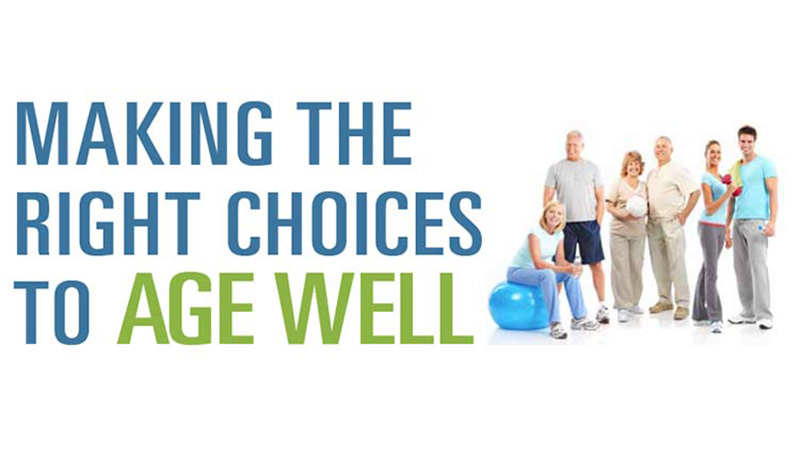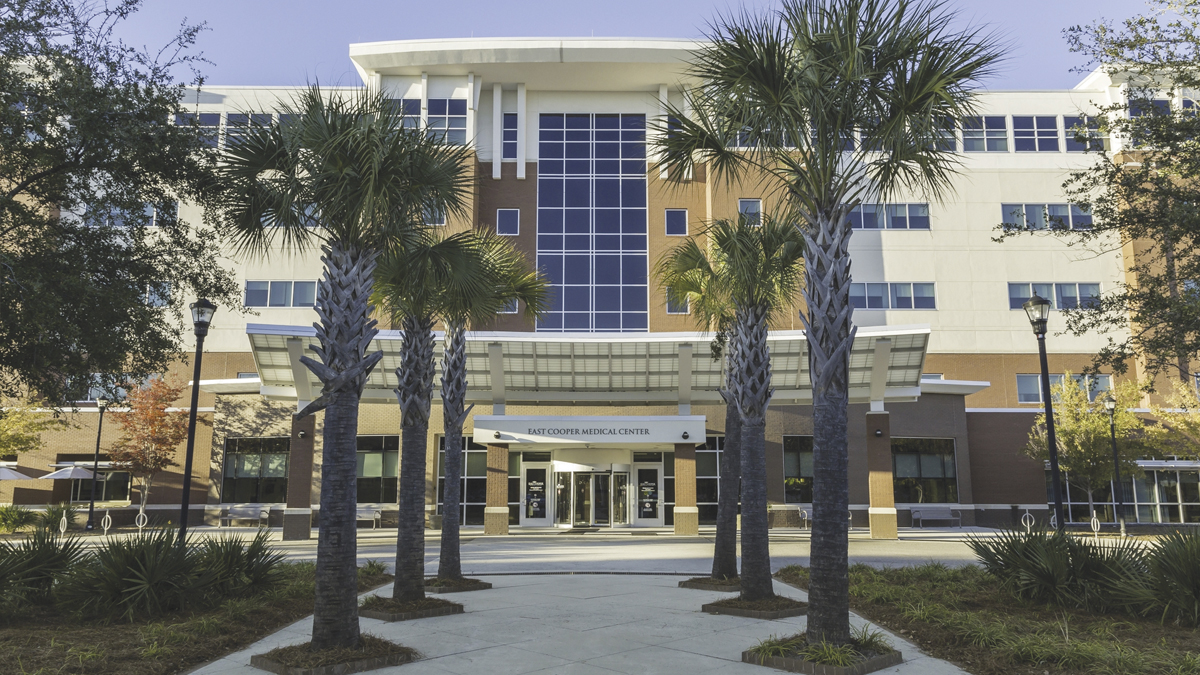Aging begins at birth. Every stage and age of life has a unique set of physiological and psychological needs. For optimal health and contentment in life, it is important to respect each step of the aging process and to continually redefine the areas in your life that impact healthy aging.
Sometimes we get stuck in one stage of life and don’t know how to redefine our health needs as we age; this can be confusing simply because there is so much information on this subject. One powerful fact is that we can slow and sometimes reverse the aging of our cells. The choices we make and the lifestyle habits we form are critical in avoiding chronic disease and accelerated aging.
With healthy eating and a good strength program, you can avoid age-related muscle loss.
The Healthy Aging Research Network of the Centers for Disease Control and Prevention has defined healthy aging as “the development and maintenance of optimal physical, mental (cognitive and emotional), spiritual and social well-being and function in older adults” and says “Although the risk of developing chronic diseases increases as a person ages, the root causes of many of these diseases often begin early in life.”
Everyone knows by now that for a lifetime of optimal health, it is important to be physically active daily, eat healthy, reduce stress, get quality sleep, hydrate, keep a positive attitude and stay connected with family and friends. You must also take charge of your health by communicating with your physician and keeping current with medical screenings and appointments.
One added but very important health tip for aging focuses on promoting healthy muscles and slowing down muscle decline. Healthy muscle mass is important for mobility and preventing falls. The strength of your bones is directly related to the strength of the muscle on top of the bone. So maintaining muscle mass is critical for bone health and prevention of osteoporosis.
Muscles will diminish in size and strength with age. Along with that muscle loss there is also a loss of aerobic capacity and mitochondria. Strong muscles also are important for brain health, cognitive function and a healthy metabolism. Healthy muscles provide added protection against metabolic and hormonal disease, obesity and diabetes. After age 30, you begin to lose as much as 5 percent per decade. If you don’t do anything about it, you can lose about seven pounds of muscle per decade!
With healthy eating and a good strength program, you can avoid age-related muscle loss. Check with your doctor before starting a strength-training routine. Alicia O’Connor, director of personal training at the MUSC Wellness Center, suggests using a qualified personal trainer to design a safe and effective program and provide the necessary supervision.
A typical strength training program might include:
- Begin with eight to 10 exercises that target the major muscle groups;
- Perform 12 to 15 reps, with the last three being somewhat difficult – a seven on a scale of 10;
- Include two or three workouts per week.

Maintaining healthy muscle mass can make the difference in being able to take care of yourself or needing someone to take care of you later in life.
For more information, call the MUSC Wellness Center at 843-792-5757 or visit www.musc.edu/hsc.
By Janis Newton, MUSC Wellness Center






